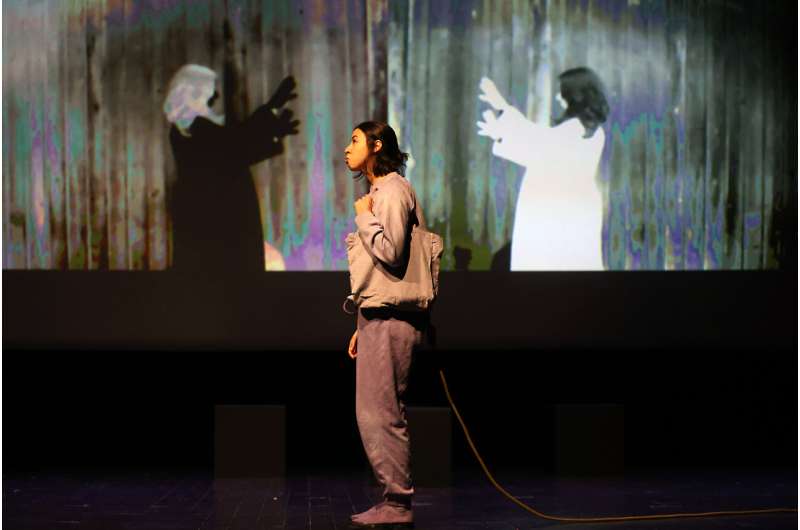A new theatrical production in Portugal aims to challenge the stigma surrounding bipolar disorder through a unique blend of art and science. The play, titled Oxímoro, entre Solstícios e Equinócios (Oxymoron, Between Solstices and Equinoxes), was developed by the Marionet theater company in collaboration with health professionals, researchers, and individuals living with bipolar disorder. This interdisciplinary project seeks not only to inform audiences but also to foster empathy and understanding of mental health issues.
The initiative was highlighted in a recent article published on November 10, 2025, by SISSA Medialab, emphasizing the importance of reducing the stigma often associated with mental health conditions. Marionet’s approach integrates scientific research into its storytelling, with a focus on emotional engagement.
Bridging Science and Theatre
According to Mário Montenegro, a member of the Marionet team and affiliated with the Center for Interdisciplinary Studies at the University of Coimbra, the company has been involved in scientific storytelling for over 25 years. However, their recent work specifically addressing health topics reflects a growing recognition of the need for informed creative processes. Montenegro states, “We felt the need to change our creative process, because these were delicate subjects that touched people’s lives.”
The play was crafted through extensive interviews with patients, health practitioners, and families, allowing the creative team to build a narrative that resonates deeply with real experiences. This methodology helps to humanize the illness, moving beyond stereotypes and misconceptions that often surround bipolar disorder.
The play premiered at the BlackBox of Convento São Francisco in Coimbra from March 20 to 24, 2024, featuring a total of six performances. Following each show, audience members participated in a questionnaire that assessed their emotional engagement and understanding of the material presented.
Impact of Emotional Engagement
The analysis of audience responses revealed that emotional engagement plays a crucial role in the assimilation of information about bipolar disorder. Of the approximately 300 attendees, 54 provided feedback, indicating that empathy and personal identification significantly enhanced their understanding of the condition. Montenegro remarked, “It was an emotionally very strong play, and the emotional engagement from the audience was very strong as well.”
The findings were documented in a paper titled “Theatre and Bipolar Disorder: Dealing with Emotions,” published in the Journal of Science Communication. The research underscores the effectiveness of theatrical narratives in communicating complex scientific and health-related topics.
Montenegro believes that emotions, when thoughtfully integrated into theater, can enhance the accuracy and impact of the message. Rather than providing a singular interpretation of bipolar disorder, the play encourages audiences to form their own opinions, thereby fostering a more personal and varied emotional response.
The initiative has garnered attention not only in Portugal but also from the broader scientific community. Luisa Massarani, a researcher at the Brazilian Institute of Public Communication of Science and Technology, praised the project as a powerful means of engaging people in discussions about mental health. She noted that while emotions are often overlooked in science communication, there is a growing interest in understanding their role.
In conclusion, the collaboration between Marionet and health professionals not only sheds light on the complexities of bipolar disorder but also promotes a more compassionate dialogue about mental health. By leveraging the power of theater, this project exemplifies how creative approaches can help reduce stigma and enhance public understanding of significant health issues.







